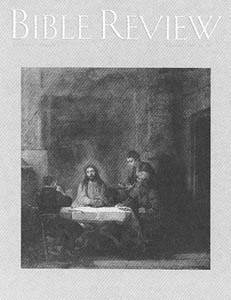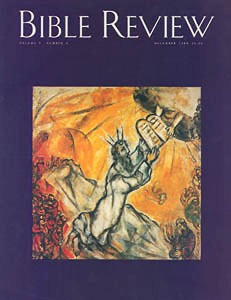
If the Resurrection Isn’t Historical, Neither Is Hiroshima
Malcolm L. Peel’s “The Resurrection in Recent Scholarly Research,” BR 05:04, demonstrates why even those of us who aren’t Fundamentalists tend to hold “modern biblical scholarship” in contempt. According to Mr. Peel, its three principles are skepticism, correlation (“ [E]ach event has an … empirical cause … [T]his principle … must automatically rule out the supernatural”) and analogy (“[A]ny historical event … must be fundamentally similar to … events experienced by the historian in her/his own time”).
Applying these principles to, say, the atomic bombing of Hiroshima, we can see that it would fail the triple test of skepticism, correlation and analogy. Since we’re supposed to doubt everything that the Church tells us, I guess that means that we should doubt everything that the government tells us about nuclear weapons as well. And if the principle of correlation automatically rules out the existence of the supernatural, I guess it rules out the existence of particles too small to be seen. I personally believe that the existence of subatomic particles has been proven, but I feel the same way about the supernatural.
As for the principle of analogy, well, I’m in my late thirties: No city has been “nuked” in my time. I suppose that means that if we applied the principles of “modern scholarship” to the story of Hiroshima, we’d “prove” that it was a story created by Americans to reflect their belief in their technological superiority.
Already a library member? Log in here.
Institution user? Log in with your IP address.

